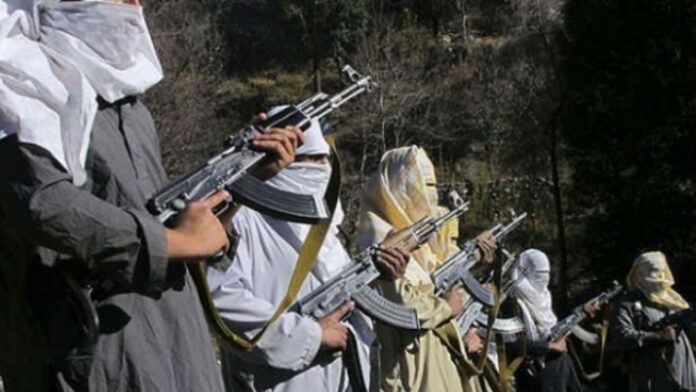Author: Sarah E. Parkinson
Affiliation: Johns Hopkins University Paul H Nitze School of Advanced International Studies
Organization/Publisher: World Politics: Cambridge University Press
Date/Place: 7 Dec 2020/USA
Type of Literature: Journal Article
Number of Pages: 30
Keywords: Civil war, Ethnography, Gossip, Ideology, Insurgency, Middle East, Nonstate Actors, Rebel Organizations, Rumor
Brief:
The author argues that informal social practices among militant group members is the primary way in which group members learn how to distinguish themselves from rival groups in the same space. This means methods such as gossip, rumor, and slander are used by members to discredit other members’ morality, sexuality and authenticity to their respective causes. The author claims that while scholars of political ideology have observed that doctrinal differences between groups can be important in some respects, such as establishing order and purpose for a militant group, high doctrinal differences are loosely connected with practical ideology, or the ways in which ideology is maintained within groups on a regular basis. Ideological affinity and ideological resonance, the two primary factors to keep members indoctrinated, are maintained by informal everyday practices. Through the author’s ethnographic study of rival groups in Palestinian refugee camps in Lebanon, members of militant groups are less aware of formal ideological distinctions between different political organizations whether they be Marxist, Islamist or Liberal. The author found that participants use practical everyday ways of distancing each other such as what kinds of socialization each group engages in. For example, the author shows that drinking and eating habits are significant contributors for how groups maintain ideological differences. Also, sexual promiscuity or dress codes are ways that groups mark moral characteristics of rival group members. The author suggests that regular members or group sympathizers are less knowledgeable about the intricate intellectual distinctions between different groups. For political actors looking to create social cohesion in polarized spaces, working to focus attention on non-ideological differences and informal practices that perpetuate mistrust may be a more constructive method.
By: M. Üveys Han, CIGA Senior Research Associate




